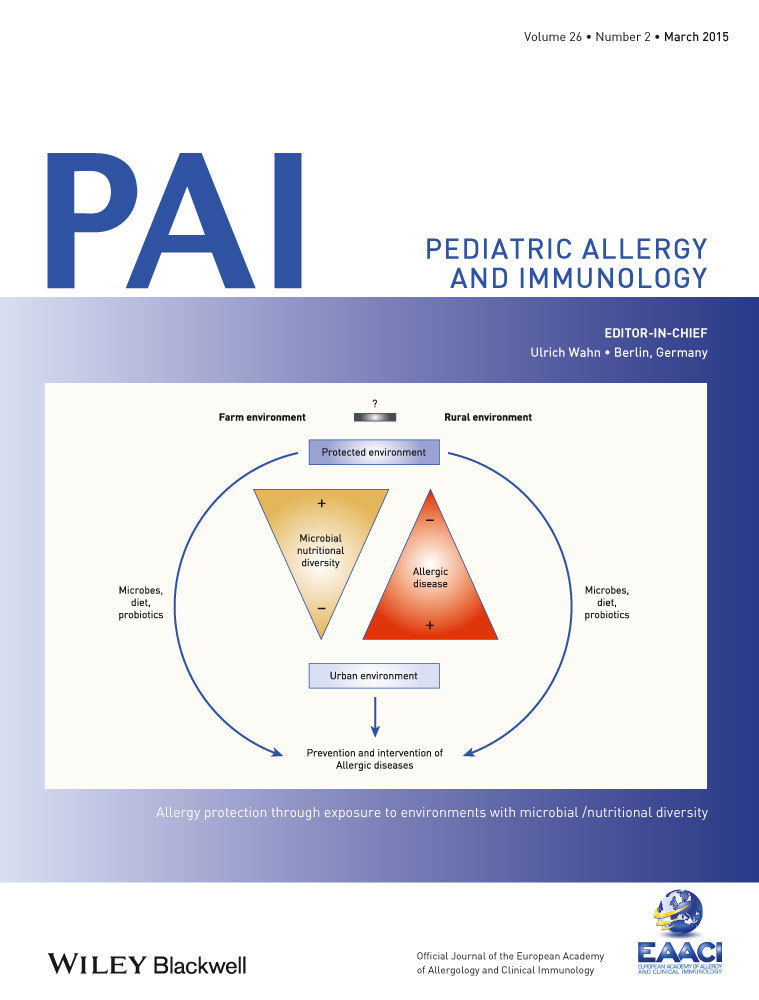Health-Related Quality of Life in children with perceived and diagnosed food hypersensitivity
Abstract
Background
The few studies measuring health-related quality of life (HRQL) in food hypersensitivity (FHS) have found significantly reduced HRQL in patients and their families, particularly in the areas of family and social activities, emotional issues and family economy. One aspect that has not been studied is the effect of suspected FHS (food allergy/intolerance) vs. diagnosed FHS [based on a food challenge or a positive skin prick test (SPT) and good clinical history] on HRQL. Therefore, the aim of this study was to investigate the HRQL in children with a proven diagnosis of FHS vs. those with reported FHS.
Methods
We have utilized the 10-yr old follow-up cohort of the Food Allergy and Intolerance Research (FAIR) study from the Isle of Wight and assessed the child's HRQL with the Food Allergy Quality of Life Questionnaire – Parent form (FAQLQ-PF) which measures HRQL using four domains: food anxiety, emotional impact, social and dietary limitation.
Results
When comparing the two groups of children (proven FHS vs. perceived FHS), no difference in HRQL was found, although food anxiety showed a p-value of (p = 0.062). This was also the case when correcting for all confounding factors identified.
Conclusion
We have found that having a clear diagnosis of FHS is not an independent predictor of HRQL. Future studies are required comparing two more similar groups. We also need to focus more on the effect of continuous input from the multidisciplinary team on HRQL and which particular factors of FHS management affect HRQL.




